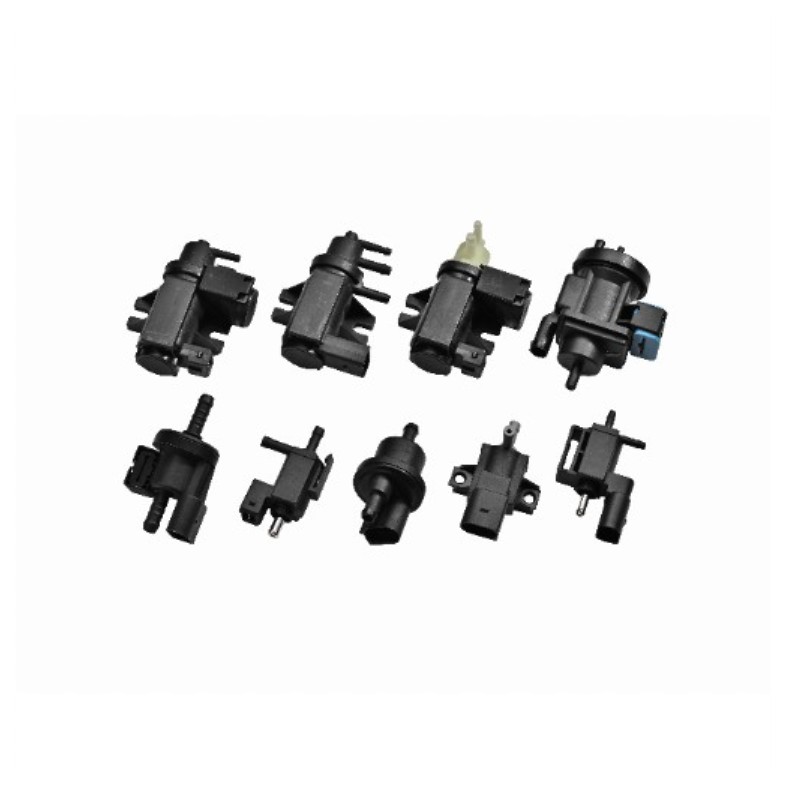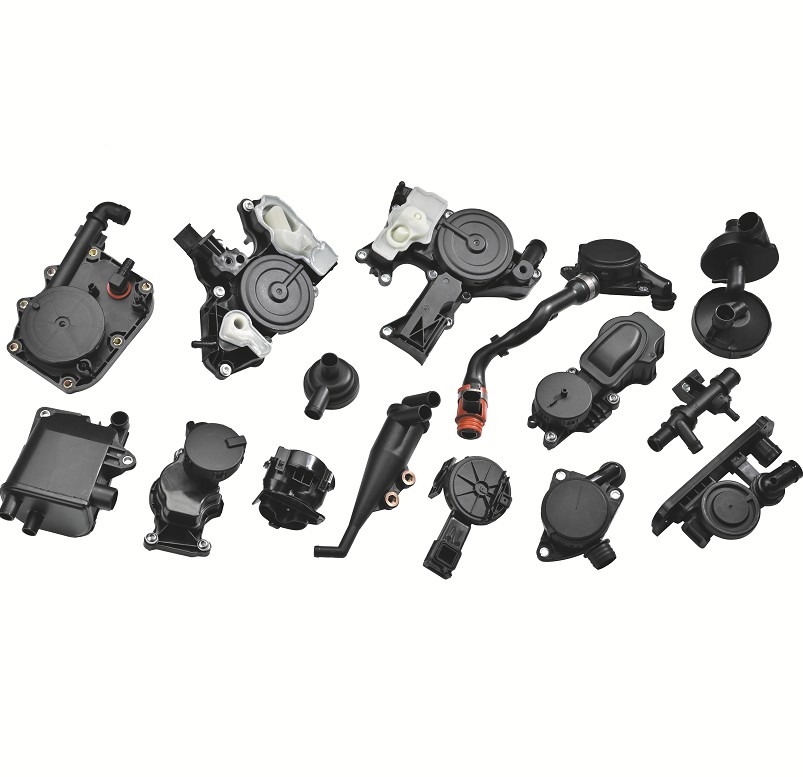Content
Understanding the PCV valve and its Key Function
The PCV valve (Positive Crankcase Ventilation Valve) is a seemingly insignificant but crucial component in modern automotive engines. Its main function is to redirect unburned fuel vapors and exhaust gases accumulated in the crankcase back to the intake manifold, where they are sent to the combustion chamber for secondary combustion.
This mechanism not only helps reduce vehicle emissions, meeting environmental requirements, but also keeps the engine clean, prevents excessive pressure, and thus extends engine life. Therefore, a malfunctioning PCV valve can have a series of serious impacts on vehicle performance.
Common Problems and Consequences of PCV Valve Damage
When the PCV valve is damaged due to blockage, jamming (normally open or normally closed), or internal spring failure, it can lead to the following problems:
1. Impact on Engine Performance and Fuel Consumption
PCV Valve Blockage (Most Common):
- Excessive Crankcase Pressure: Exhaust gases cannot escape, and pressure accumulates in the crankcase, potentially damaging oil seals and gaskets, causing oil leaks.
- Engine oil emulsification/deterioration: Moisture and contaminants in exhaust gases condense in the crankcase, accelerating oil contamination and affecting lubrication.
- Unstable idling and poor acceleration: Blockage can cause intake system metering errors, resulting in an overly rich or lean air-fuel mixture, manifesting as idling vibration, weak acceleration, or sudden stalling while driving.

PCV valve stuck in the "normally open" position:
- Overly lean air-fuel mixture: A large amount of air enters the intake manifold without being measured by the throttle body, leading to an overly lean air-fuel mixture, which may trigger the engine malfunction indicator lamp (usually displaying a lean system code).
- Increased oil consumption: A large amount of oil vapor is drawn into the combustion chamber, resulting in a significant increase in oil consumption.
2. Oil Leakage and Carbon Buildup Issues
PCV valve malfunction is the underlying cause of oil seal leaks and gasket damage in many engines. If the valve is blocked, excessive crankcase pressure will force oil out through the weakest link—the oil seal.
Meanwhile, a large amount of oil vapor entering the intake manifold can also form thick carbon deposits on the throttle body, intake manifold, and the back of the valves, further deteriorating engine performance.
3. Blue Smoke from the Exhaust Pipe
If the PCV valve's oil-gas separation function fails or the valve is stuck in the normally open position, a large amount of oil (or its vapor) will be drawn into the combustion chamber and burned. At this time, the car's exhaust pipe will emit noticeable blue smoke, a typical sign of oil combustion.
How to Determine if the PCV Valve is Damaged? (Symptoms and Related Issues)
If you suspect a possible malfunction in your vehicle's PCV valve, pay attention to the following key symptoms. These signs often indicate that the valve is clogged with sludge and carbon deposits, or stuck in the wrong position:
- Engine Malfunction Indicator Light Illuminated:
Related Issues: This usually occurs when the PCV valve is stuck in the "normally open" position. A large amount of unmetered air enters the intake manifold, causing an overly lean air-fuel mixture, which triggers the On-Board Diagnostics (OBD) system and illuminates the malfunction indicator light. - Unstable Idle Speed or Engine Vibration:
Related Issue: Whether the PCV valve is clogged or stuck, it will interfere with the vacuum and air-fuel mixture ratio of the intake system. This will cause noticeable engine vibration or unstable idling. - Engine Oil Leakage:
Related Issue: When the PCV valve is clogged, exhaust gases in the crankcase cannot escape properly, leading to excessive internal pressure. This excessive pressure will compress weak components such as oil seals and gaskets, causing oil leaks. - Abnormally Increased Oil Consumption:
Related Issue: If the PCV valve is stuck in the "normally open" position, it will draw in a large amount of oil vapor into the combustion chamber and burn it, resulting in a significant increase in oil consumption. - Blue Smoke from the Exhaust Pipe:
Related Issue: This is direct evidence of oil combustion. When the PCV valve is severely malfunctioning, causing a large amount of oil to be drawn into the combustion chamber, you will see blue smoke coming from the car's exhaust pipe. - Engine Whistling Sound:
Related Issue: Severe PCV valve blockage or pipe rupture leading to vacuum leakage can sometimes produce a noticeable intake sound or a high-frequency whistling sound while the engine is running.
Maintenance Recommendation
Pay attention to regular PCV valve inspections. PCV valves are generally recommended to be inspected and replaced after a certain mileage. Please refer to your vehicle's owner's manual for specific intervals. Due to their harsh operating environment (exposed to high-temperature exhaust gases and oil vapor), they are prone to blockage by sludge and carbon deposits.
Regularly replacing or cleaning the PCV valve and its related pipes is an effective measure to maintain engine health, reduce oil leaks, and lower emissions.


 English
English русский
русский Español
Español Deutsch
Deutsch











